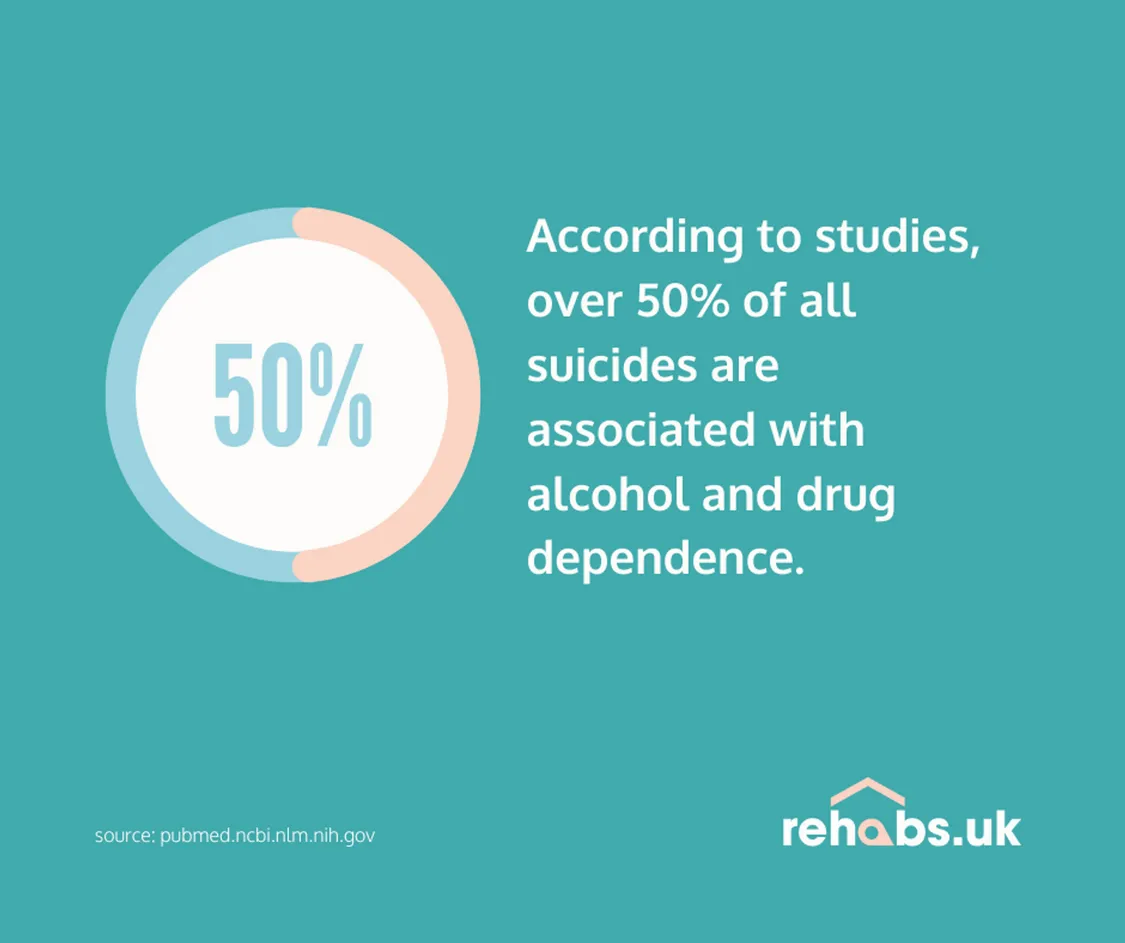27 Sept 2022
What is Addiction?
According to the NHS, Addiction is defined as not having control over doing, taking or using something to the point where it could be harmful to you.
It's possible to be addicted to just about anything, not just alcohol, drugs or gambling. This could include:
- Work – some people are obsessed with their work to the extent that they become physically exhausted; if your relationship, family and social life are affected and you never take holidays, you may be addicted to work
- Internet – as computer and mobile phone use has increased, so too have computer and internet addictions; people may spend hours each day and night surfing the internet or gaming while neglecting other aspects of their lives
- Solvents – volatile substance abuse is when you inhale substances such as glue, aerosols, petrol or lighter fuel to give you a feeling of intoxication
- Shopping – shopping becomes an addiction when you buy things you don't need or want to achieve a buzz; this is quickly followed by feelings of guilt, shame or despair
What is mental health?
According to Mental Health. Org, mental health includes our emotional, psychological, and social well-being. It affects how we think, feel, and act. It also helps determine how we handle stress, relate to others, and make choices. Mental health is important at every stage of life, from childhood and adolescence through adulthood.
Over the course of your life, if you experience mental health problems, your thinking, mood, and behaviour could be affected. Many factors contribute to mental health problems, including:
- Biological factors, such as genes or brain chemistry
- Life experiences, such as trauma or abuse
- Family history of mental health problems
What is the link between addiction and mental health?
When you have both a substance abuse problem and a mental health issue such as depression, bipolar disorder, or anxiety, it is called a co-occurring disorder or dual diagnosis.
Some studies suggest a person's risk of becoming addicted is partly genetic, but environmental factors, such as being around other people with addictions, are also thought to increase the risk.

The link between addiction and suicide?
In studies that examine risk factors among people who have taken their own life, substance use and abuse occurs more frequently among youth and adults, compared to older persons.
Some studies in America have found some shocking statistics about suicide and the connection with addiction.
The Centre for disease control and prevention reported in 2016, almost 45,000 Americans died of suicide, with approximately one suicide every 12 minutes, and 1.3 million American adults attempted suicide.
Those with alcohol dependence are ten times more likely than the general population to take their own life, and those who use drugs are 14 times more likely to do so. Additionally, 22% of suicidal deaths involved alcohol intoxication, 20% involved opiates, 10.2% involved marijuana, 4.6% involved cocaine, and 3.4% involved amphetamines.
Over 50% of suicides are associated with dependence on drugs and alcohol, and at least 25% of people with alcohol or drug addiction take their own life. Additionally, more than 70% of adolescent suicides are associated with drug and alcohol use and dependence.
Although these figures come from America the correlation with the UK has a similar trend.
Many people who experience mood disorders will seek out drugs and alcohol to self medicate and alleviate negative feelings. Heavy use of drugs and alcohol has the potential to turn into a substance use disorder, which may increase the severity of a depressive episode, thus increasing the likelihood of suicide.
Where to seek help?
If you or a loved one are struggling with alcohol or drugs, do not hesitate to call our specialist team. They are here to help and support, to get you on your road to recovery.
